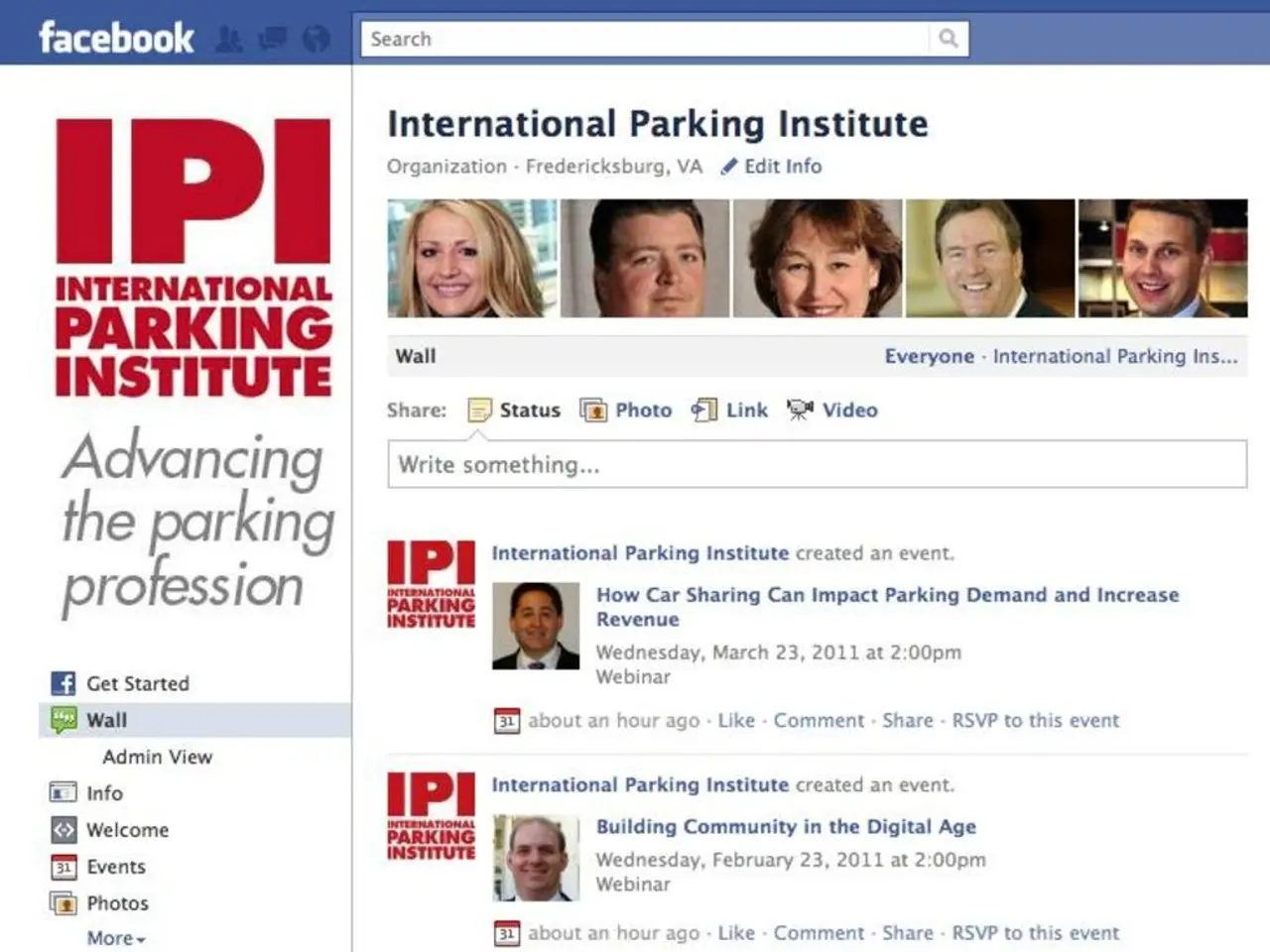Appears That Everyone Else is More Wealthy Than You
In today's digital age, social media has become an integral part of our lives, shaping our views on various aspects, including wealth and financial success. However, a growing body of evidence suggests that these platforms significantly influence and distort perceptions of wealth in America, affecting both the wealthy and the general public.
One of the key ways social media distorts perceptions is through an idealized portrayal of wealth. Platforms frequently showcase extravagant lifestyles, luxury travel, designer clothes, and lavish experiences, often through influencers and celebrities. This leads many people to compare their real financial situations with these curated images, feeling they fall short despite possibly being quite well-off.
Another factor is luxury shame, where individuals, including the wealthy, feel socially pressured to hide their affluence to avoid backlash or social tension. This trend has been observed during economic downturns and is resurfacing in certain markets, including the U.S. and China, either self-imposed or driven by governmental policy.
Social media also encourages materialistic values tied to consumption and self-worth. Influencers have normalized and glamorized materialism, shaping followers’ views on success as closely tied to the acquisition and visible display of luxury goods or experiences. This can lead to overextension or distorted financial priorities.
The disconnect between perceived and actual wealth can lead to dissatisfaction and confusion. People may feel financially worse off because they do not live the “best life” portrayed online, even if their objective financial situation is strong. This psychological impact can affect spending habits, saving, and investing decisions, as the aspiration to emulate social media lifestyles drives behavior more than actual financial goals or realities.
Moreover, social media amplifies stories of rapid financial gains and easy wealth, contributing to speculative investment behaviors and reinforcing illusions of quick success. This can exacerbate financial bubbles and crashes as people make decisions based on social validation and hype rather than fundamentals.
It's a common misconception that a high income equals wealth. True wealth is measured by what you own minus what you owe. Despite this, wealth in America is highly concentrated, with upper-income families possessing more than seven times the wealth of middle-income families. This wealth gap is further highlighted by the fact that white households hold most of the nation's wealth, even though they represent only about two-thirds of households.
Despite these challenges, it's essential to break free from the illusion of wealth by focusing on building real wealth rather than the appearance of wealth. Building an emergency fund and avoiding debt are more important than appearing wealthy. Case in point, Claudia's case study demonstrates that what one sees on social media is not always a true representation of financial health.
Across the globe, most people view the gap between rich and poor as a serious problem. In America, about half of households would struggle to cover a modest emergency expense, and seven in ten Americans carry non-mortgage debt, with nearly a third owing at least $10,000. The total household debt in America has reached a record $17 trillion.
In conclusion, social media shapes distorted perceptions of wealth by highlighting a glamorous, curated version of financial success that many compare themselves against, often inaccurately. This leads to both underestimation of real wealth among the affluent and increased feelings of inadequacy or envy among others. It also fosters materialistic values tied to consumption and heightens social pressure to conceal or exaggerate wealth, thereby influencing financial behaviors and societal attitudes toward money in America.
- To combat these distorted perceptions of wealth, one might consider seeking education and self-development resources in personal finance and wealth management, focusing on building real wealth rather than a curated online image.
- Businesses could play a crucial role in promoting personal growth and financial responsibility by avoiding the glamorization of materialism on their social media platforms and instead highlighting financial literacy and prudent investing strategies.
- By focusing on personal-finance education, individuals can learn the importance of financial health, rather than financial appearances, and adjust their spending habits and investing decisions accordingly, aiming for long-term wealth growth rather than social validation.




